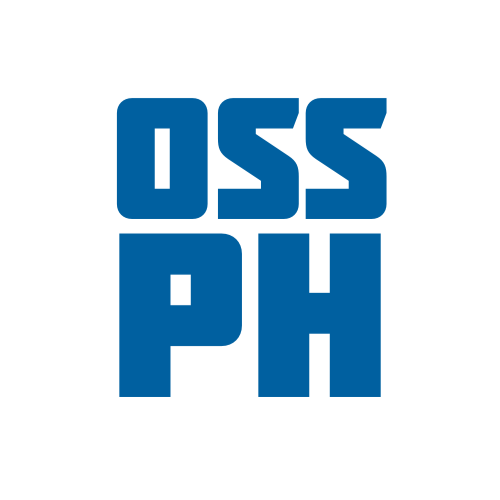Open Source in Philippine Education System
Organizations and institutions are now more aware of how open-source solutions can transform the learning scene, ensuring that quality education reaches students all over the country.

Introduction to Open Source in Philippine Education
Recently, the coming together of open-source technology and education has sparked positive changes, especially in the Philippines. Organizations and institutions are now more aware of how open-source solutions can transform the learning scene, ensuring that quality education reaches students all over the country.
Teach for the Philippines and ADB's Joint Initiative
A significant step in this area involves the joint effort of Teach for the Philippines and the Asian Development Bank (ADB), resulting in the introduction of an open-source digital learning platform. This platform is crafted to offer educators a wide array of resources, enhancing the learning journey for students. Through the use of open-source technology, the initiative aims to make education more accessible by breaking down barriers and fostering collaboration among educators. The platform encourages the sharing of educational materials, enabling teachers to customize content based on their students' unique needs. This collaborative method not only enhances the learning experience but also cultivates a sense of community among educators.
De La Salle University's Animo Repository
Adding to the open source and education scene in the Philippines is De La Salle University's Animo Repository. This digital repository acts as a central hub for faculty research, housing various open-source initiatives. Faculty members actively contribute to the repository by openly sharing their research, teaching materials, and other educational resources. This not only helps spread knowledge within the academic community but also showcases the strength of collaboration and transparency in education.
Open Source Adoption Beyond Educational Institutions
The Philippines is wholeheartedly embracing open-source adoption, and this movement extends beyond educational institutions. Various sectors, such as government, businesses, and nonprofits, are acknowledging the advantages of open-source technologies. Ashnik, a well-known provider of open-source solutions, underscores the growing acceptance of these solutions nationwide. With cost-effective alternatives to proprietary software and the flexibility and customization options they bring, open-source technologies are becoming increasingly popular as practical solutions in different fields.
Conclusion: The Future of Education in the Philippines
The collaboration between open-source technology and education is undoubtedly changing the education scene in the Philippines. Efforts such as Teach for the Philippines and ADB's open-source digital learning platform and contributions to DLSU's Animo Repository showcase teamwork bringing positive changes to education. As open-source adoption grows in different sectors in the Philippines, it's clear that the future of education is heading towards being more inclusive, dynamic, and accessible for everyone.
References
- [Details about the Teach for the Philippines and ADB initiative]
- [Research and findings from the Animo Repository]
- [Information on open-source adoption trends in the Philippines by Ashnik]
About the Author
Kathleen Jogno (Kate) is a volunteer technical writer at OSSPH and a software developer. Kate enjoys cycling and playing online games in her free time. Please feel free to reach out to Kate here whether it’s business, friendly chat, or just to share the latest cat memes.

